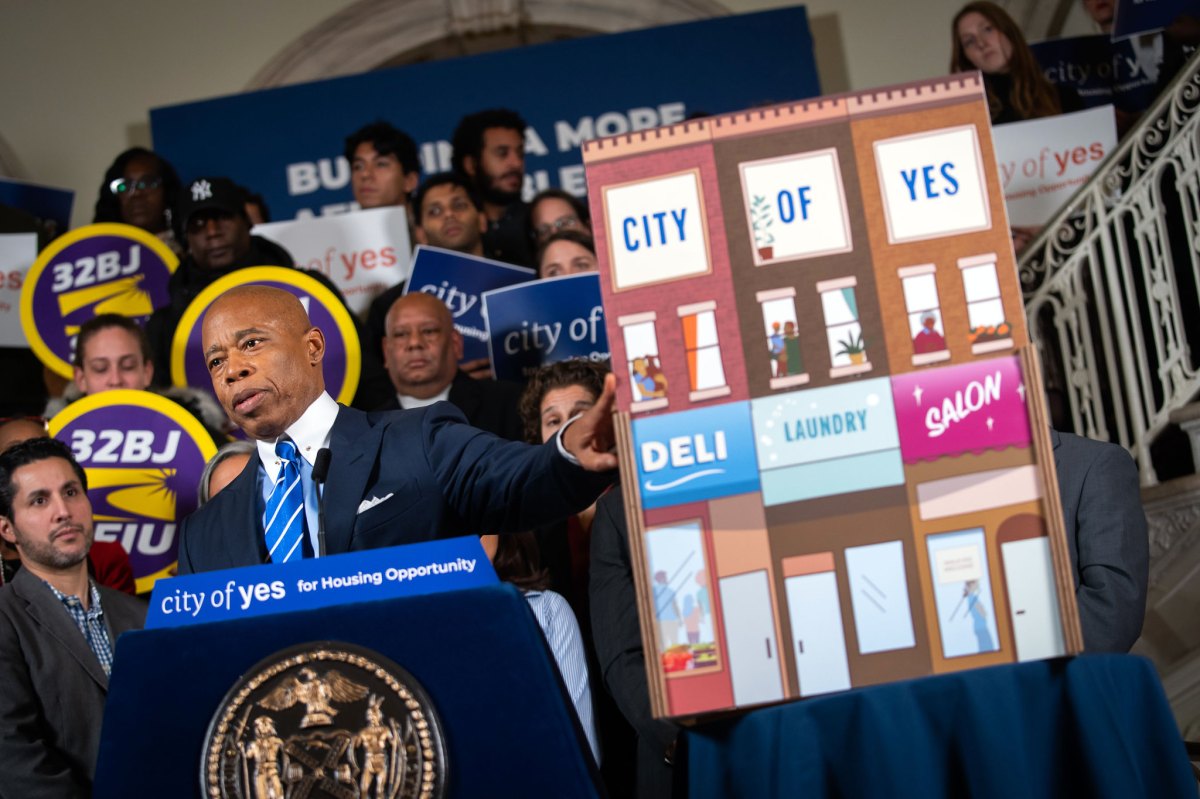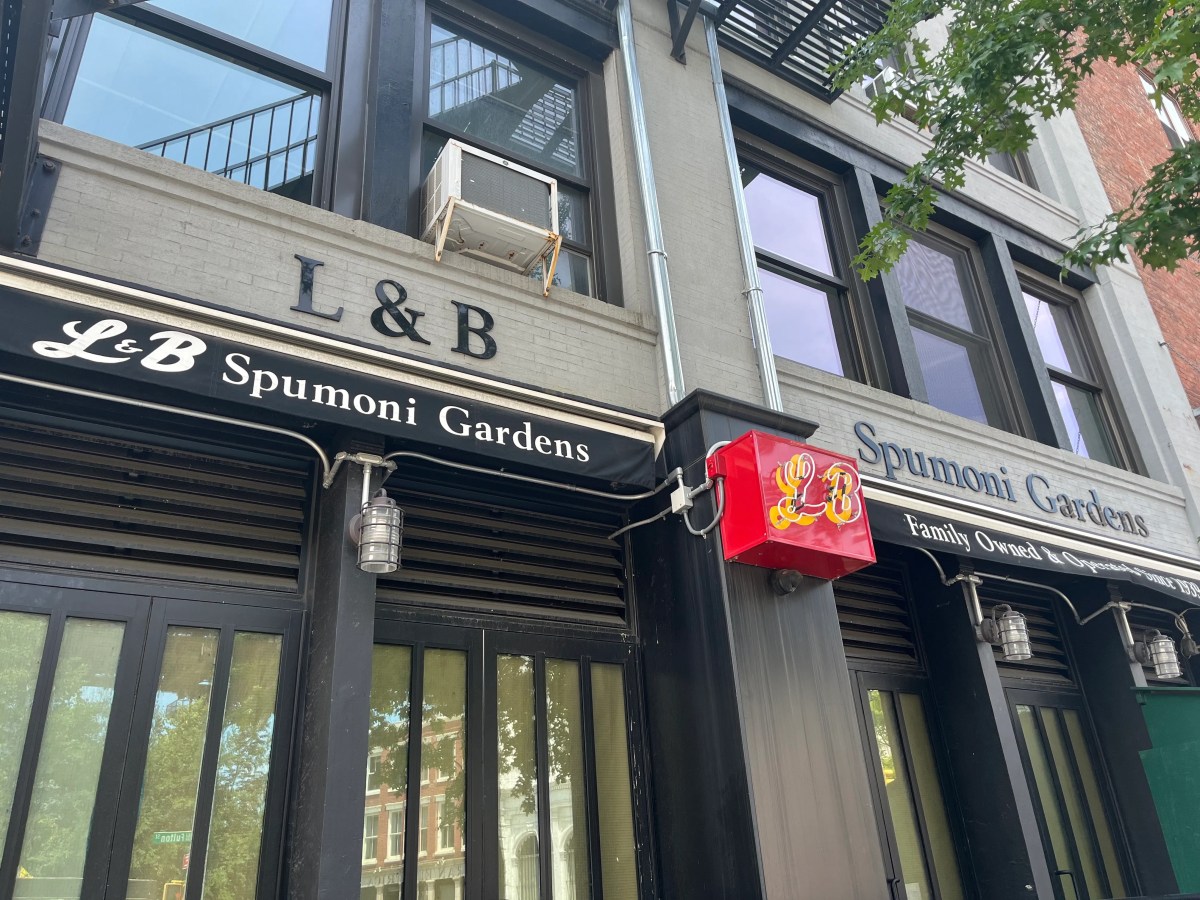
As president-elect, Donald Trump announced he was ceding control of his businesses to relatives, but several analyses since his inauguration have tried to gauge just how much his reputation may still be driving the fate of his real estate holdings.
The latest study of Trump properties is included in the year-end review CityRealty planned to release Wednesday. Based on the sale of nearly 100 condos spread across 11 Trump buildings, the firm noted that the average price of a Trump-branded condo — $2.6 million — fell below the average Manhattan-wide condo price — $3.1 million — for the first time. The study came on the heels of an analysis from Zumper, a rental listing site, hypothesizing that units in Trump buildings fared worse than nearby, comparable apartments after the election due to a “negative Trump effect.”
But like other analysts, CityRealty’s director of research, Gabby Warshawer, said there are limits to the Trump-related analyses.
“This is the first year where both the average price-per-building and the average price-per-square-foot were both below the Manhattan condo averages,” she said of CityRealty’s study of Trump buildings. “There’s a lot to consider.”
Warshawer said the Trump buildings, like others that are more than a decade or so old, are not as competitive as new luxury buildings. She said in general the market was “pretty stagnant” or “down a little bit,” and “that’s true for Trump buildings, too.”
Jonathan Miller, head of the Miller Samuel Inc. appraisal firm, said analyses seeking to examine whether the Trump brand has suffered would need to look at sales of the same or comparable units within Trump buildings before and after the election. He said comparing the Trump buildings to other residences introduces too many other factors to be credible, such as the varying age, amenities and views associated with the homes.
“All these studies on large, external events, they’re not causation; they’re correlation,” Miller said.
The Trump Organization did not respond to a request for comment.
Anecdotally, real estate agents said they have seen Trump’s brand both attract and repel clients.
Richard Tayar, a salesman at Keller Williams NYC, said some Trump Tower residents have opted to sell because they do not want to be associated with the Trump name, but there are plenty of buyers interested in seizing up the units.
“They do see that the building might be not faring as well as it did in the past because of the presidency. They see it as an opportunity to purchase,” Tayar said, noting that there are other buyers who see the association with Trump as a plus. “Some see it as a cool factor, being in a no-fly zone, living or owning an apartment where the president of the United States lives.”
Penny Toepfer, an associate broker at Compass who spent more than 15 years at Trump’s brokerage house, also described buyers as having polarized opinions on living in a Trump building, but she said this phenomenon is far from new.
“That ‘I’m not living in a Trump building’ absolutely was already there,” Toepfer said. “I would say, and still say, ‘Give me 20 minutes out of your day. I’m going to come pick you up. You’re about to see layouts that don’t exist anywhere else.’ ”
Toepfer argued that prices in Trump buildings simply mirror the larger market trends, which she believes are picking up.
Eve Cohen, who has lived at Trump Place for five years, said she was not concerned about the building’s value, despite her disapproval of Trump’s tenure.
“A lot of people are unhappy with our president and might not want to live in a building with his name on it, as am I. Unfortunately, the building voted to keep the name,” said Cohen, who has no plans to move and is confident prices will eventually rise. “Mostly in the end, the trend tends to be up.”
With Alison Fox





































